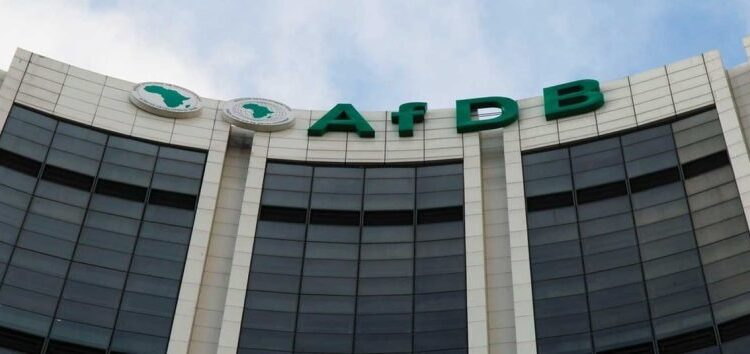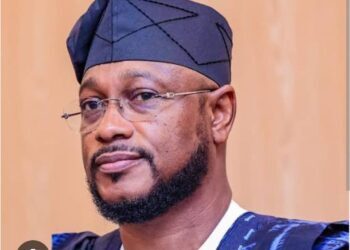The Bank’s Vice-President for Economic Governance and Knowledge Management, Prof. Kevin Urama, told the News Agency of Nigeria (NAN) that strategic borrowing and political stability were critical for growth.
Speaking on Nigeria’s debt profile, Urama, the AfDB’s Chief Economist, said that public debt itself was not inherently problematic.
“Debt for growth is a known way of growing economies. However, the quality and structure of the debt are crucial factors in determining its long-term impact,’’ he said.
The professor raised concerns about the growing trend of short-term, high-cost commercial loans in African countries, which came with higher refinancing risks.
“The problem arises when countries borrow short-term loans and are unable to repay them before investments mature. This cycle forces countries to continuously refinance, often at unfavourable terms.
“It is therefore important for African governments to focus on borrowing longer-term loans with lower interest rates, underpinned by clear investment plans that can generate returns capable of repaying the debt.
“For Nigeria, the key question should not be whether the country is borrowing more, but rather how borrowed resources are being used.
“If borrowed funds are invested in infrastructure that drives growth both in the short and long term, it is a smart move,” he said.
On foreign exchange and trade, Urama pointed to Africa’s dependence on imports, specifically food, as a critical area for reform.
He acknowledged the ongoing disruption of global supply chains due to geopolitical tensions, including the war in Ukraine, which had affected wheat imports to Africa.
The professor, however, urged African countries to address their dependence on imports, especially when the continent was home to vast agricultural potential.
“Africa has no business importing wheat from Ukraine because we have 65 per cent of the remaining arable land in the world.
“We also have a vibrant, youthful population eager to engage in productive activities. Africa has the capacity to feed itself and the world.
“And this can be achieved through initiatives such as the AfDB’s AgriPreneur and Special Agro-Industrial Processing Zones (SAPZ) programmes which are crucial tools for unlocking the continent’s agricultural potential,’’ he said.
Urama cited Ethiopia’s success in becoming a wheat exporter within just four years of focused agricultural investment.
He said this was a demonstration that Africa could transition from food dependence to food self-sufficiency and even become a global exporter.
On the broader economic challenges facing Nigeria and other African countries, the professor reiterated the importance of political stability and sound macroeconomic policy management.
Urama pointed to Botswana as an example of how stable governance and good policy could reduce capital costs, increase foreign investment, and improve economic growth.
“When political stability and good governance are in place, the cost of capital decreases, and investments flow more freely,” he said.
According to the AfDB vice-president, Africa’s economic challenges are solvable through long-term strategies focused on stability, sound economic management, and a shift towards local production and value addition.
“By doing so, African countries can reduce their dependence on external financing, stabilise their currencies, and ultimately foster sustainable economic growth,’’ he said.(NAN)











